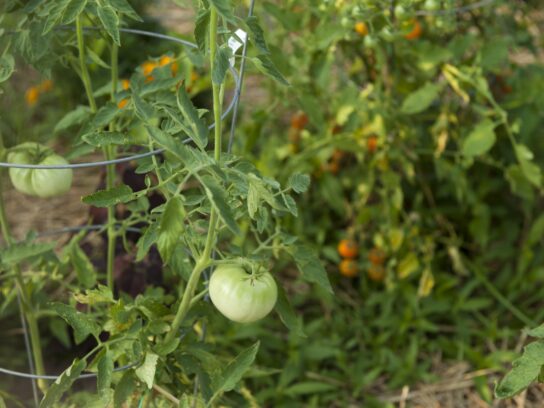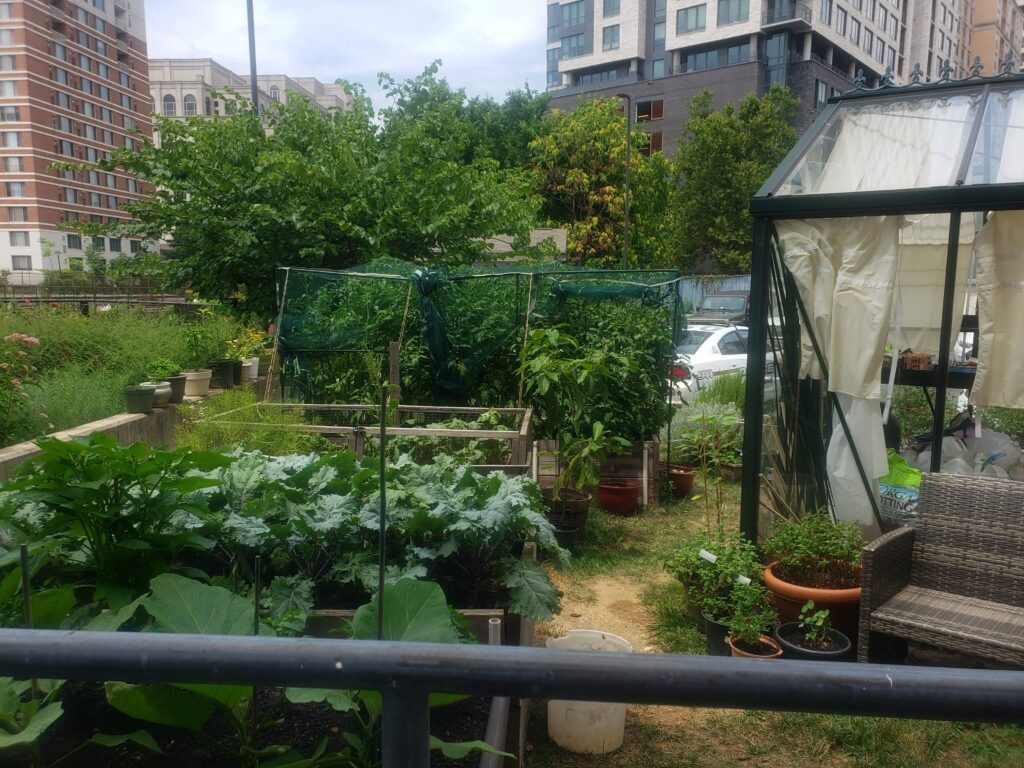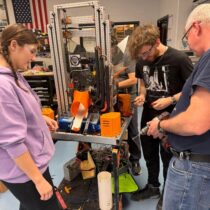
Montgomery County awarded a total of $200,000 to seven community organizations to increase initiatives that expand food production, access to gardening and small-scale farming.
The county’s Resident and Community Food Gardening Grant program funded the grants, which are expected to be used by more than 1,800 residents.
The organizations include:
- AfriThrive: This organization plans to expand its “Boosting Our Culturally Appropriate Foods” program to a new location at Kemp Mill Elementary School with the goal of diversifying crop selection and availability and increasing educational and technical assistance opportunities for participants.
- Community Food Forest Collective: This group plans to increase the square footage of land under production within the network of Food Forests in Montgomery County, including on the Montgomery College Takoma Park campus and at Takoma Park Elementary School.
- Community Health and Empowerment through Education and Research (CHEER): This organization will expand its Neighborhood Gardening Program to three additional locations and engage new members of the Long Branch Gardeners Group.
- Islamic Center of Maryland (ICM): This group intends to expand production of culturally relevant herbs, fruits and vegetables in the center’s Community Garden while engaging the center’s Children’s Program for educational opportunities. It will contribute harvested produce to the ICMCares Social Service Food Pantry Program.
- Shepherd’s Table: This organization plans to electrify the greenhouse behind Progress Place in Silver Spring to grow crops year-round for the more than 180,000 meals served annually at Shepherd’s Table.

- The Charles Koiner Center for Urban Farming, Inc.: This community-based education farm at A. Mario Loiederman Middle School will expand to support food access amongst families in Wheaton.
- The People’s Community Baptist Church: This church will expand its garden to engage more youth members of the predominantly Black church community with an opportunity to grow and harvest organic fruits, vegetables, herbs and edible flowers.
“Our commitment to local food production and access is about more than just growing food,” said County Executive Marc Elrich. “It’s about building resilient communities, improving public health and fostering a deeper connection to our environment. These grants support thousands of residents who have experienced high barriers to accessing nutritious, culturally relevant food. By supporting these innovative projects, we are empowering residents to take control of their food sources and contribute to a sustainable future for Montgomery County.”
The programs “not only increase access to nutritious foods; they also directly benefit the long-term health of our community and natural resources,” she said.


Comments are closed.